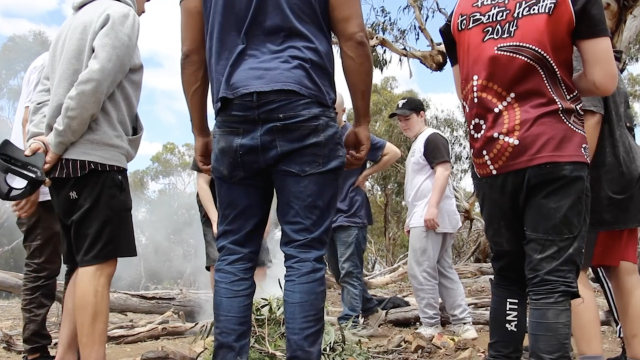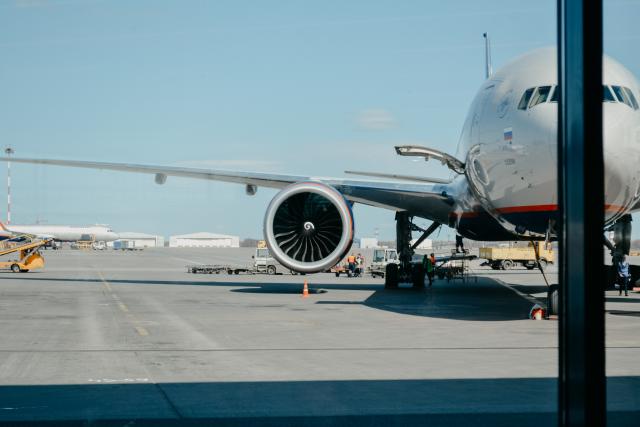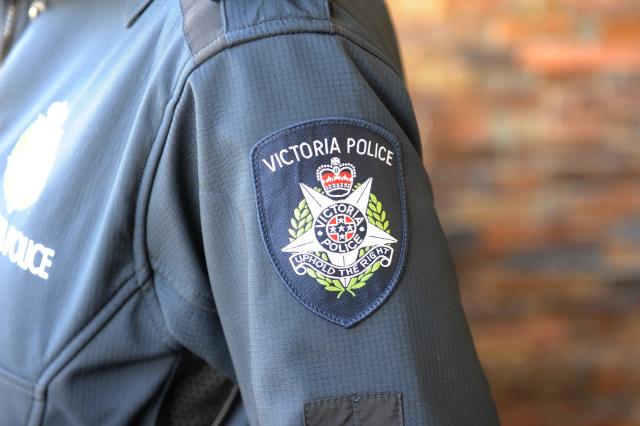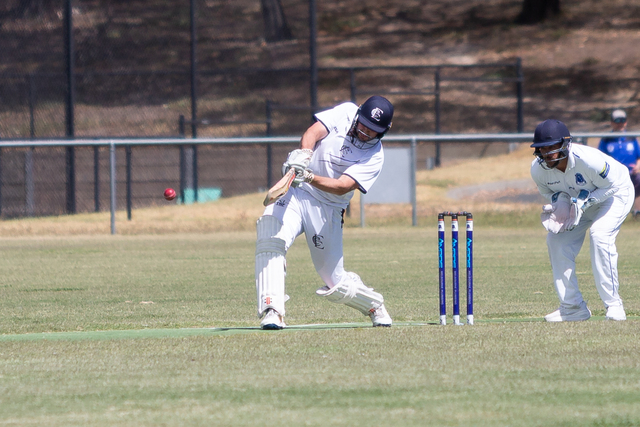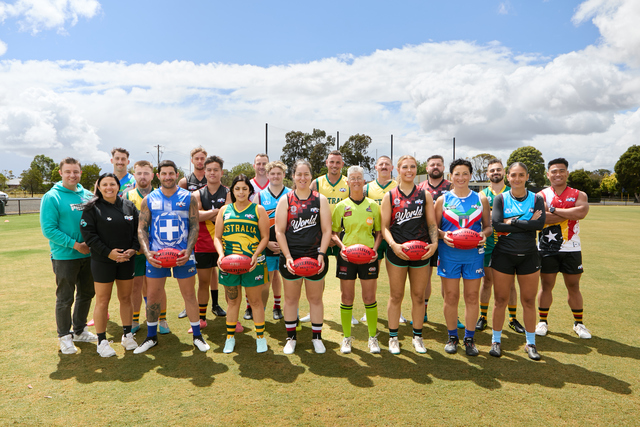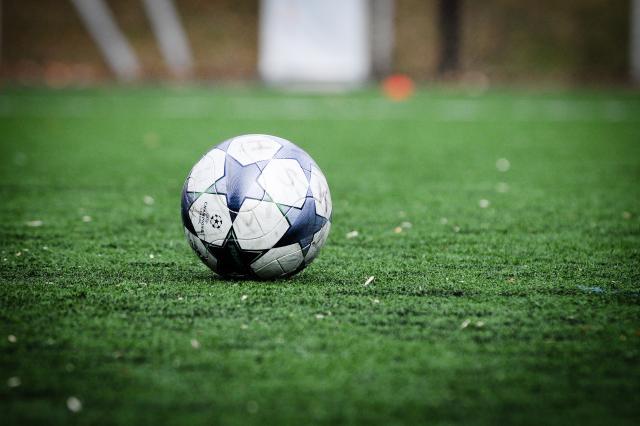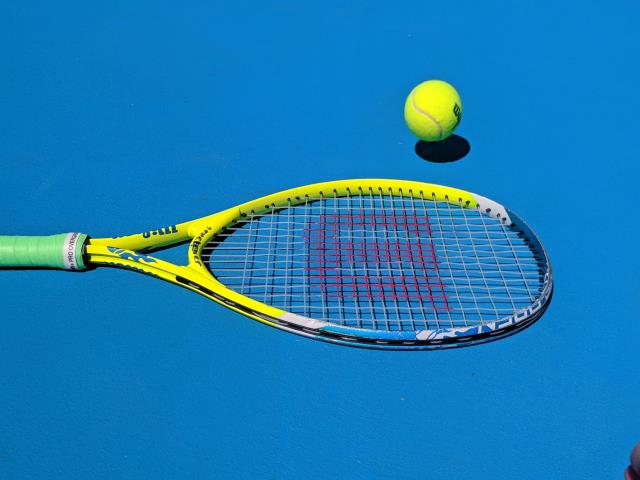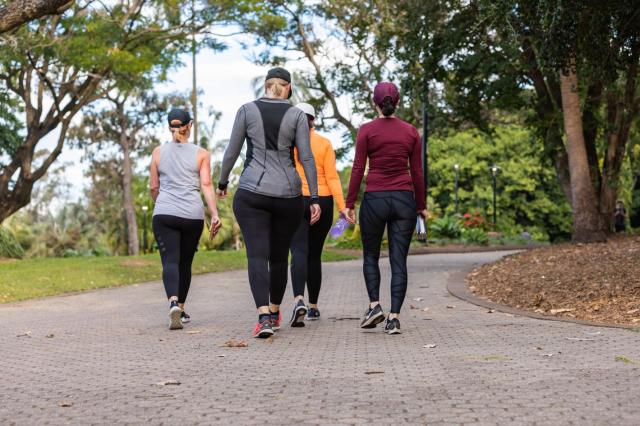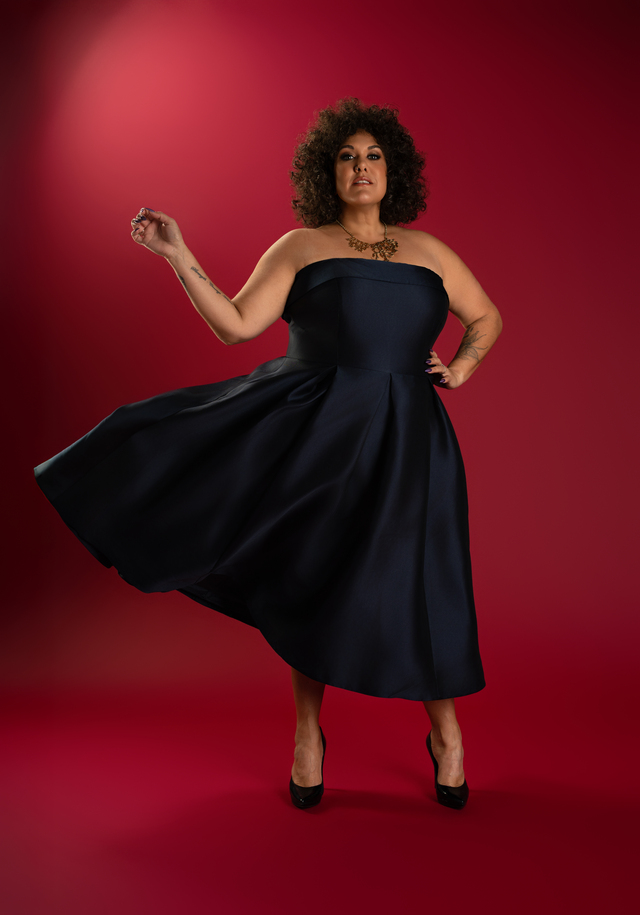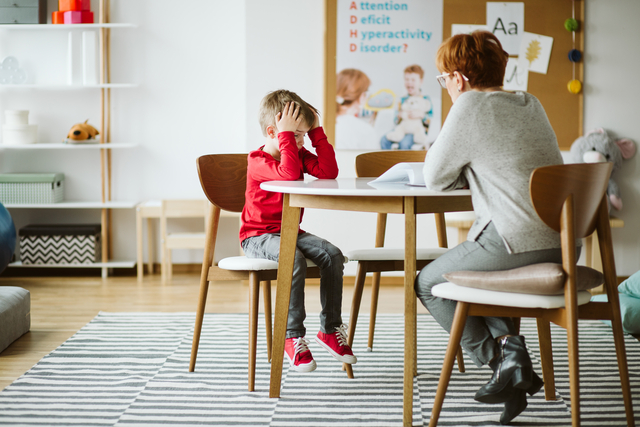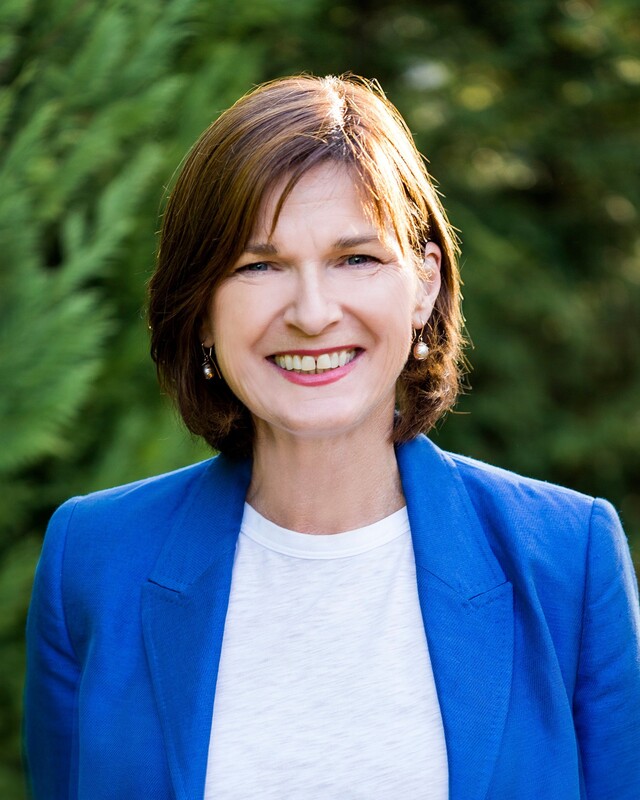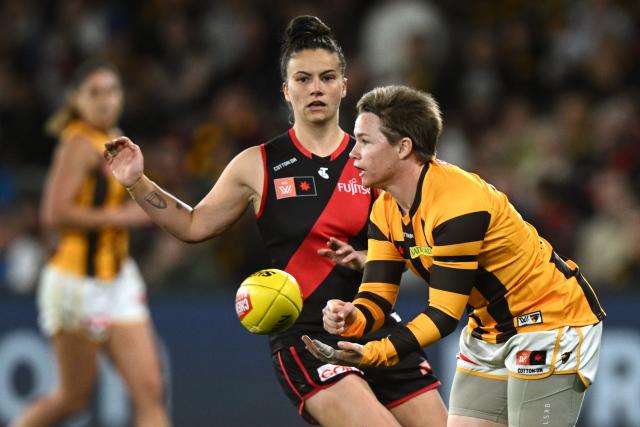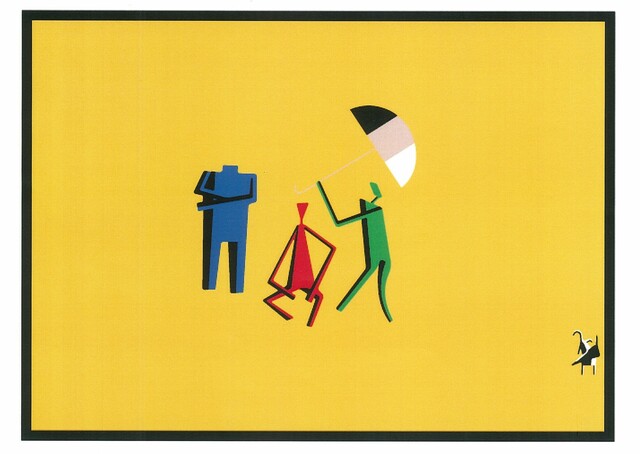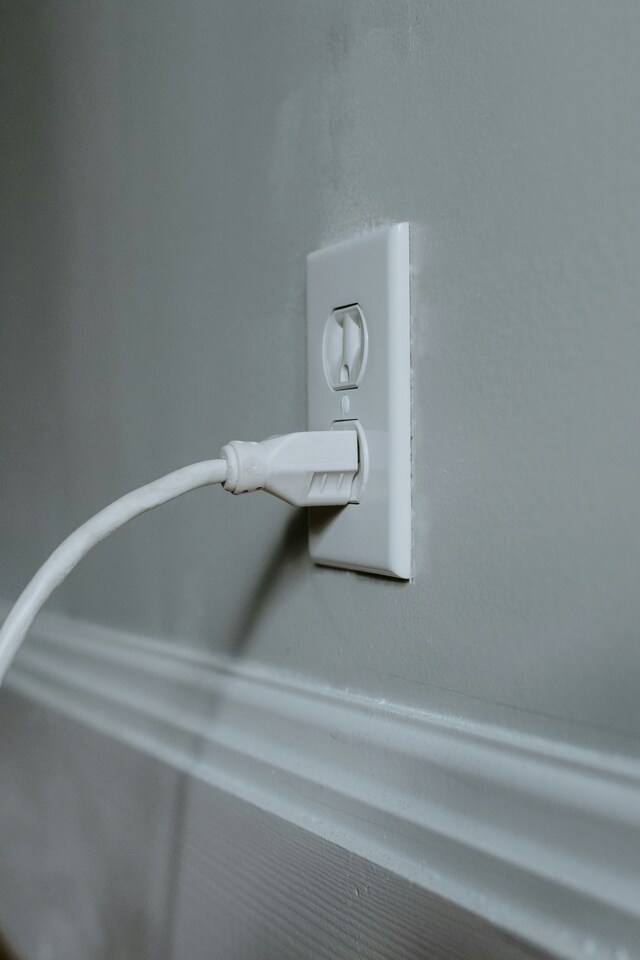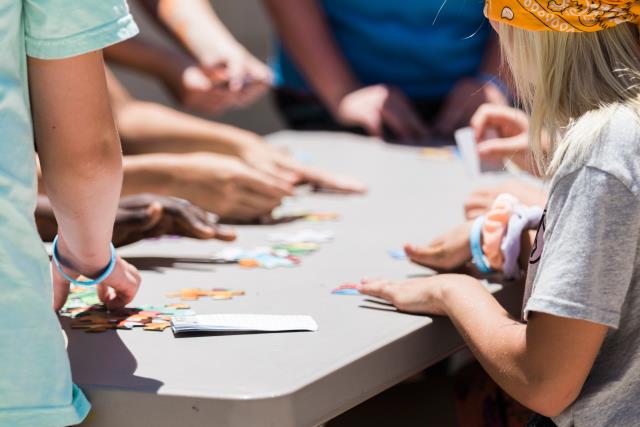This week, the Yoorrook Justice Commision started public hearings to examine the child protection and criminal justice systems.
The first week of the hearings saw evidence presented from 21 witnesses who provided insights into the child protection system.
Whittlesea Community Connections Aboriginal engagement and caseworker Sharna Brown said she hoped the inquiry would help change the narrative around Aboriginal communities in Whittlesea and beyond.
“It is embedded in people that we are not warriors but that we are thieves when we are actually beautiful people helping our community,” she said.
“I am a good mother with a good job but I worry that if I do one thing wrong child services could be involved.”
Ms Brown said just this year she worked on a case in Whittlesea where a child was going to be removed due to family violence.
“Child services rocked up to her house to try and remove her child,” she said.
“The striking thing is I did a case report back to my colleagues and they said if it was a non-Aborginal woman it would have taken much longer to send child protection.”
Ms Brown said she hopes the inquiry will give power back to Aboriginal communities to allow them to keep their children in the community.
“The truth needs to be told so that way we can start changing the system so our families can heal,” she said.
“Our connection with our child is not just physical, it is a spiritual connection too.
“Yes, if a child is in an unsafe environment they should be removed but they should stay within their family.”
Yoorrook Truth Receiver Joseph Saunders said we’re hearing from witnesses that there needs to be a change of processes and perspectives within the child protection system.
“We’re hearing from the community that they want to see more control over what happens to their kids,” he said.
“They have told Yoorook their kids should be staying within their families, not being put outside of their kinship.
“If you lose your family your at risk of losing your identity.”
Mr Saunders said the inquiry will hear injustices from the start of colonisation in 1788 through to today.
“We have to think about the future, we’re only caretakers of the country and if the country is not healthy, then we’re not going to be healthy,” he said.

